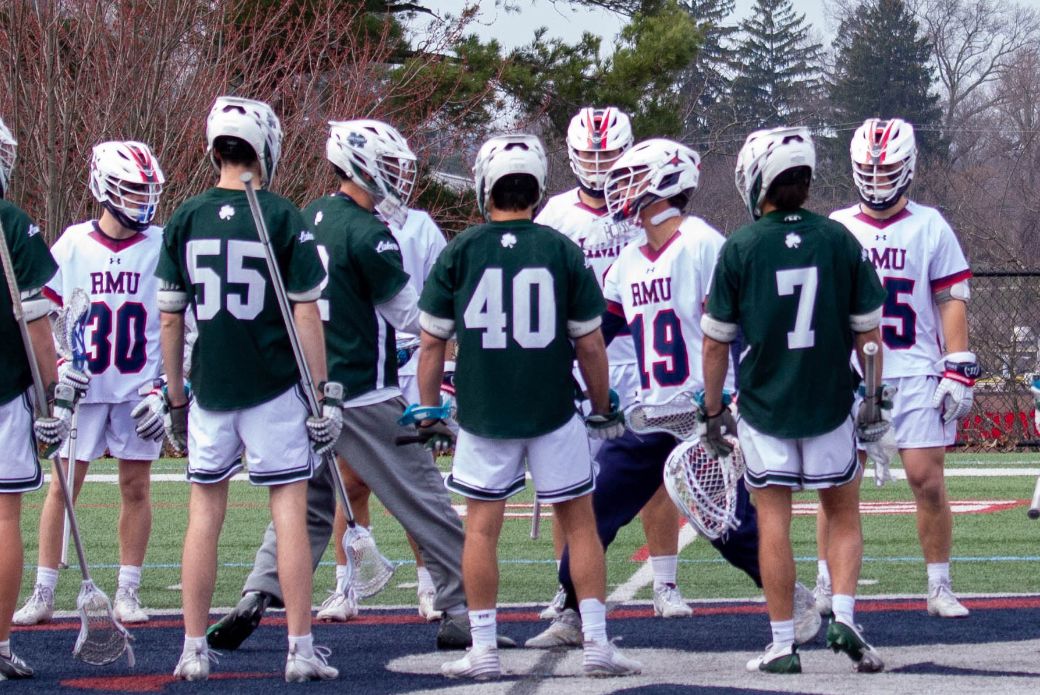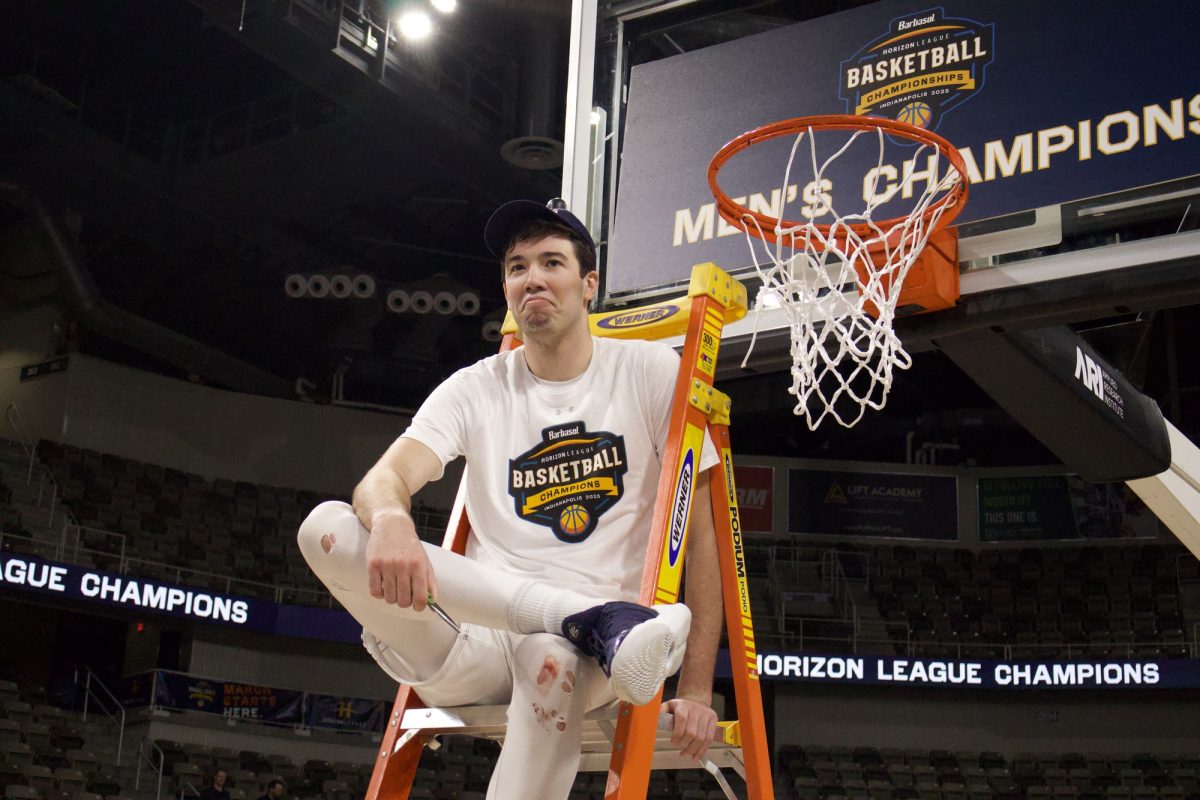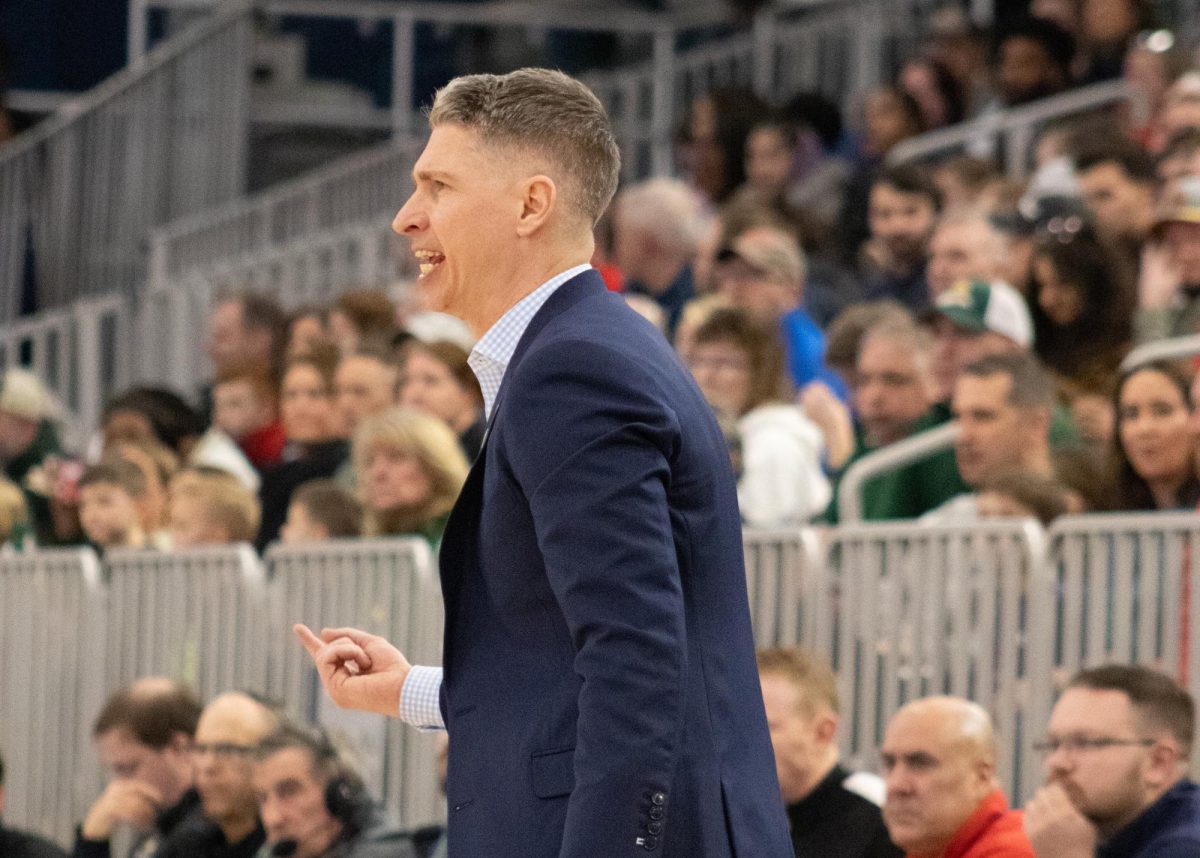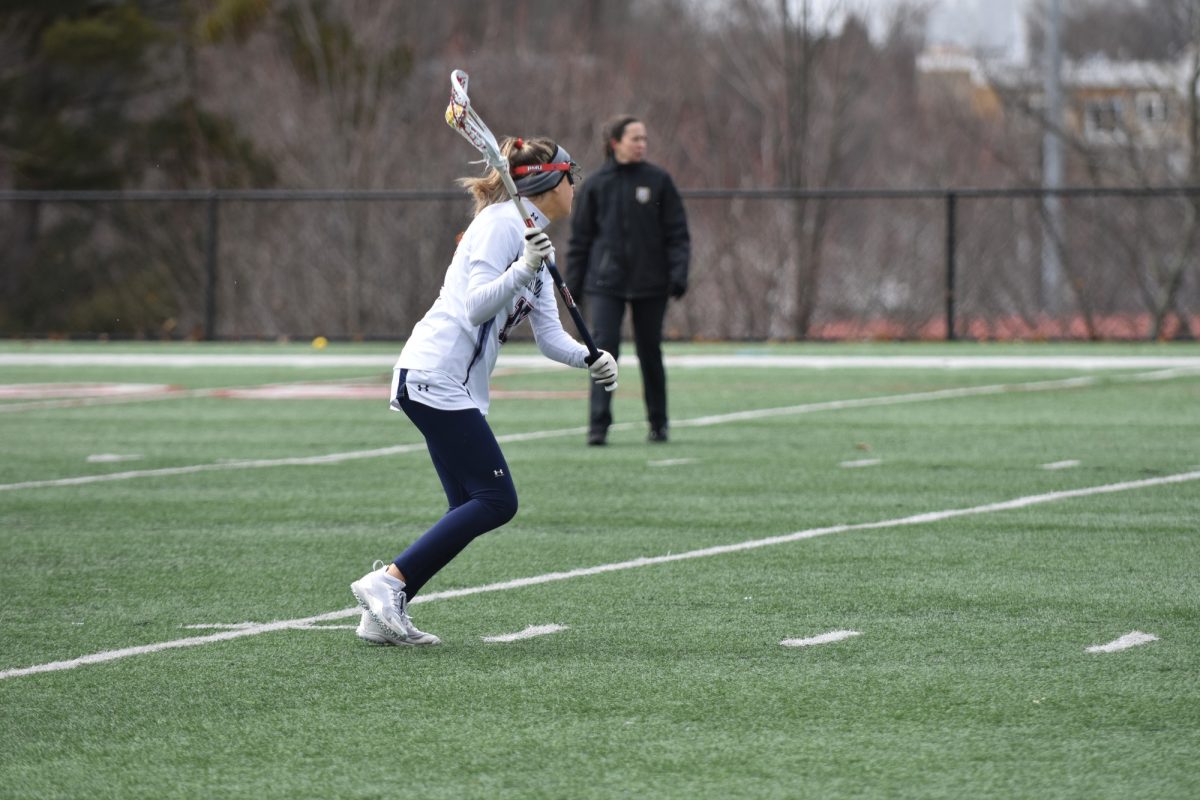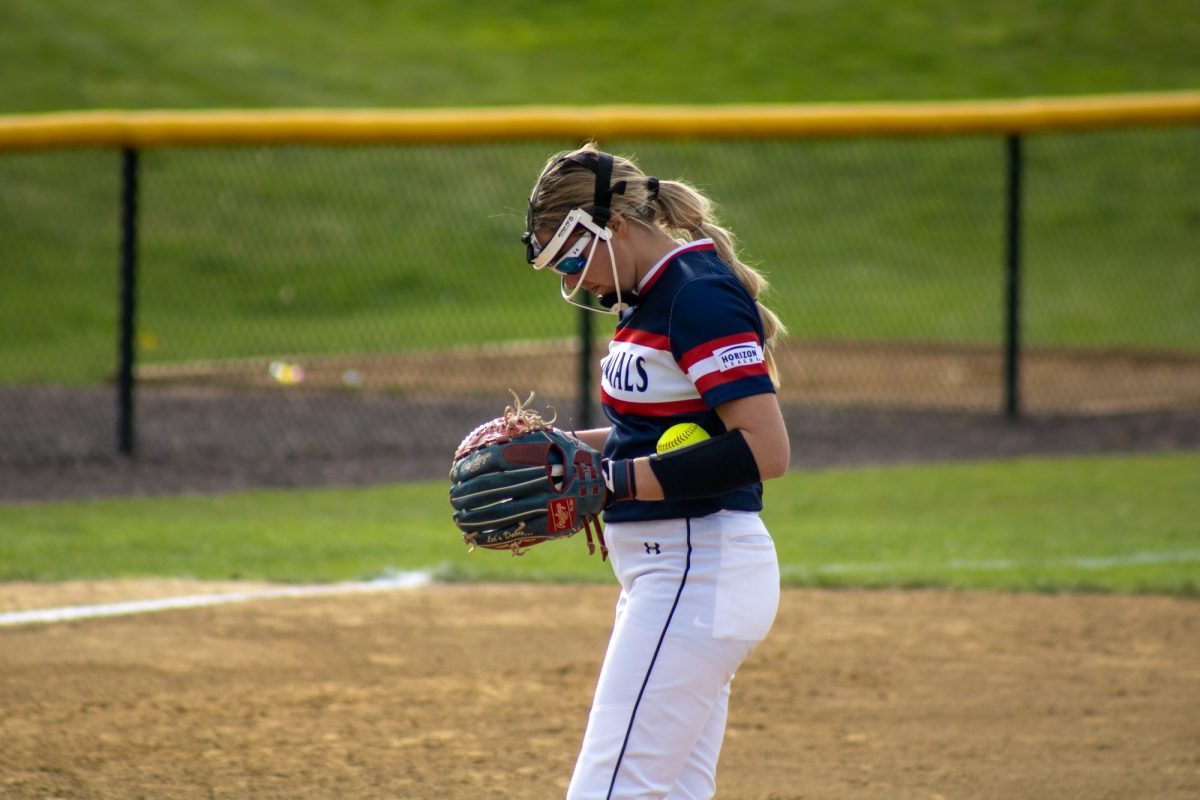Press Maravich, the coach and father of hall of famer “Pistol” Pete Maravich once said, “A dream is nothing more than a big challenge placed upon yourself.”
A number of Robert Morris University basketball players have taken this statement to heart making the jump to play professional basketball over the last couple of years. RMU alumni including Jeremy Chappell (Poland), Rob Robinson (Germany), Mezie Newigwe (Libya), Jimmy Langhurst (England), and Gary Wallace (Norway) have taken the challenge, packing up and moving abroad to follow that dream. Although, few people realize the life of professional basketball player may not be as glorious as it seems.
A career outside of the National Basketball Association (NBA) can be a difficult one. According to players, the paychecks are a mere fraction of NBA contracts, if you get paid at all. In an article for SB Nation, Dan Grunfield, a basketball player who has played in both the NBA and Europe wrote, “Not getting paid as a professional ballplayer outside of the States is a regular occurrence, but obviously, there are no blanket statements that apply to every player.”
Also, according to media reports and anecdotes, NBA players live a life of luxury staying at five star hotels while on the road. This is not the case with many European teams. Jeremy Chappell, who graduated from Robert Morris in 2009, shared photos from a European hotel he stayed at last year showing dirty bath water and a sink with no faucet.
Grunfield also wrote, “I’ve been on both NBA and European road trips, and let me tell you, they’re not even close. There are may be five or 10 basketball clubs overseas that can come anywhere close to duplicating the type of travel that goes on in the NBA.” He continued, “Private planes, unlimited food and luxury hotels may be the norm in the NBA, but Europe is not the NBA. Oftentimes, playing in Europe or other countries overseas can mean all-day bus rides, knee-to-armpit coach seats, roommates, dinner in the airport and stuff like that.
The glamour and fame are just a flicker of the prestige that surrounds the NBA.
International players leave their country, family and customs behind as they head overseas for long periods of time. Players say it can be very difficult to be away from their home and family. Chappell laments, “Just trying to get around the city and [catch] taxis, [they] don’t understand you and you can’t read street signs, it’s hard.”
Following the initial language barrier, the next challenge is often cultural differences. Mezie Newigwe, who graduated from Robert Morris in 2010, plays in Libya. He feels, “The hardest part about playing in Libya was probably getting used to the culture. It was definitely a culture shock being in a predominately Muslim country but nonetheless a humbling experience.”
Adding to the already difficult transition, the amount of time spent training is immense. Countless hours are spent in the gym doing drills, conditioning and weight lifting. Even outside the gym, their lives revolve around basketball. What you eat, how much you sleep, your social life and many other facets of their lives are greatly influenced by your responsibilities as a basketball player.
Despite the challenges and difficulties of playing overseas, many players continue to fight to keep their dream alive. The reality is that only around 0.00545% of the 550,000 student-athletes playing high school basketball in America each year will be a first round draft pick in the NBA but chances are even slimmer with players coming from overseas. These players shrink the percentage down to 0.00454% according to Jeff Rabjohns of the Indianapolis Star.
There are definitely many challenges and difficulties about playing overseas. The question then becomes, what keeps their dream alive?
The chances of making it internationally are only slightly higher and yet there’s something intangible that drives these players to continue. There’s a passion in their hearts not to quit. In the end, the five star hotels, fame, comfort and money is not what it is all about. It’s about a lot more than that; it’s truly a love for the game.
Gary Wallace who graduated from Robert Morris University in 2011 now plays for the Tromso Storm in Norway. He explains his desire to continue playing, “My pure love for the game is what keeps me going every day.”
“As I look over my childhood, I can remember all the sacrifices I made such as giving up free time, vacations, birthdays, holidays, and summers just to make it to college and pursue both an education and basketball. So now that I’ve obtained my degree, why should I quit now,” explained Wallace.
Knowing you gave it all you had is what makes it worth it.
When you look back at your life and you know you worked as hard as you could and took your dream as far as it could go, you can look in the mirror with no regrets. At Robert Morris and around the world the dream still continues.



